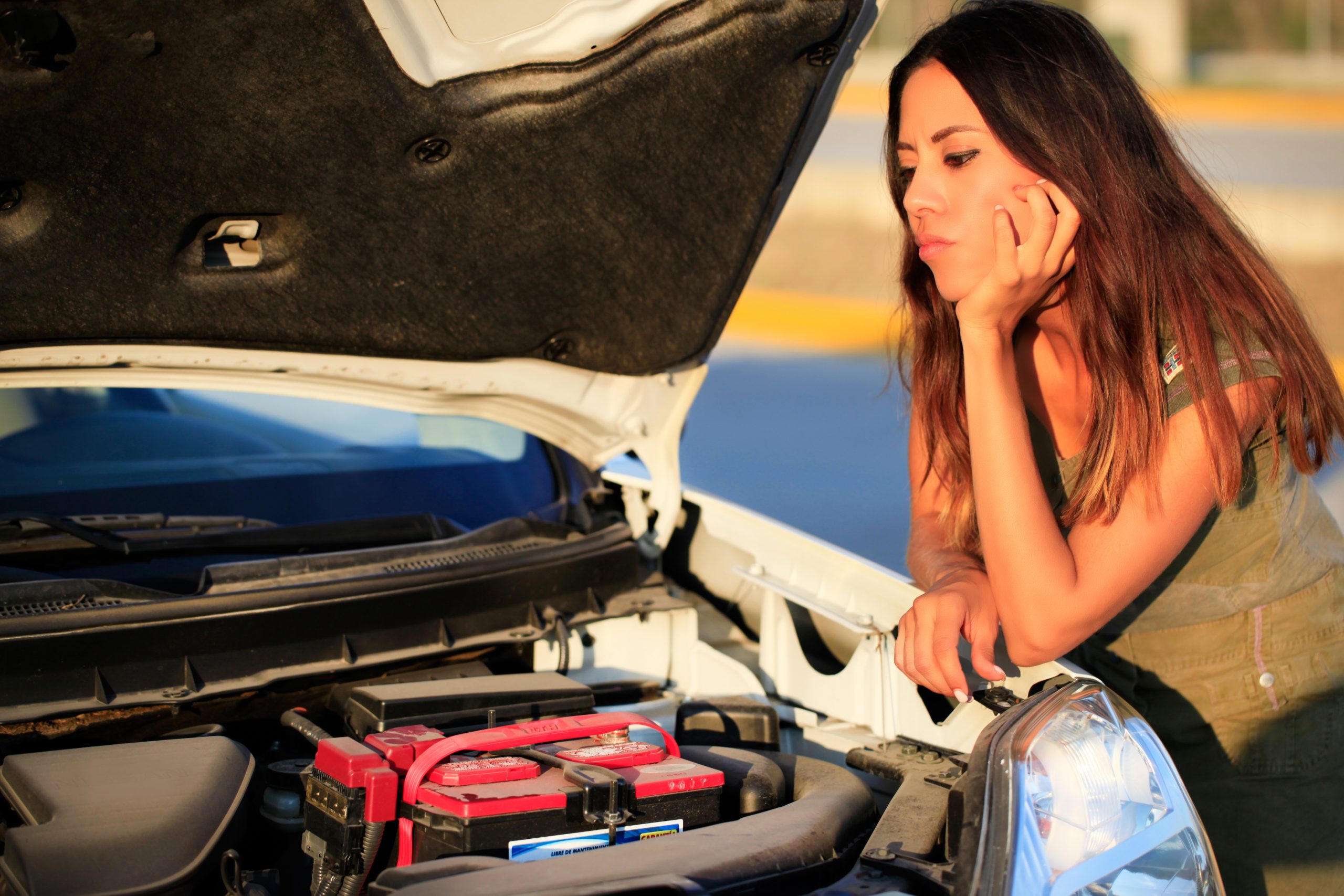A class action filed May 18, 2021, alleges Honda sold over two million vehicles with a parasitic draining defect that prematurely drains the battery, causing safety concerns.
According to the complaint, parasitic draining occurs when electrical components—powered by the vehicle’s battery—fail to shut down once the vehicle is turned off, allowing the components to continue draining the battery. In turn, the vehicle relies on the electricity stored in its battery to start the engine and operate; specifically, the spark plugs, which run the engine and starter that cranks the engine, relies on the battery when the vehicle is off. Constant parasitic draining, the lawsuit contends, places the battery under constant strain and degrades its performance, as well as that of the alternator, which replenishes the battery when the engine is on.
Plaintiff alleges the parasitic draining defect therefore causes a safety concern—creating a risk of vehicles stopping while driving and causing failure of safety features such as emergency hazard lights and headlights. The defect also allegedly leaves vehicle owners paying hundreds of thousands of dollars in replacement batteries and repairs, with the replacement components ultimately failing as well due to the defect.
The complaint alleges this defect affects Honda CR-V model years 2017-2019 and Honda Accord model years 2016-2019. It alleges Honda knew of the defect before selling the first affected vehicle, and although it has issued internal Service Bulletins about the defect to its authorized dealerships, it has not offered a reliable solution or a recall. Instead, Plaintiff contends, Honda merely directed dealers to update internal software and replace dead batteries—knowing neither remedy fixes the defect.
It alleges “[s]cores of complaints submitted to [the National Highway Transportation Safety Administration] reveal the magnitude of the Defect’s impact”—listing complaints such as a 2017 CR-V battery dying after the vehicle was parked for three hours, a 2018 CR-V stopping while driving 35 mph, and a 2018 Accord which underwent battery changes and requires a jump daily. The complaint alleges Honda knew of the purported defect prior to the sale of the affected vehicles, given its pre-sale durability testing and parts sales, customer complaints, dealership repair records, and warranty and post-warranty claims.
Plaintiff George Jones, from Iowa, contends he first experienced the defect in his 2019 CR-V after returning from a week-long trip and had to call an emergency service company to jump-start his vehicle while stranded at the airport parking lot.
The lawsuit seeks, among other remedies, damages and repair under state (California and Iowa) consumer protection laws and express and implied warranties.
The case is George Jones v. American Honda Motor Co., Inc., case number 4:21-cv-00148-JAJ-CFB, in the U.S. District Court for the Southern District of Iowa.





